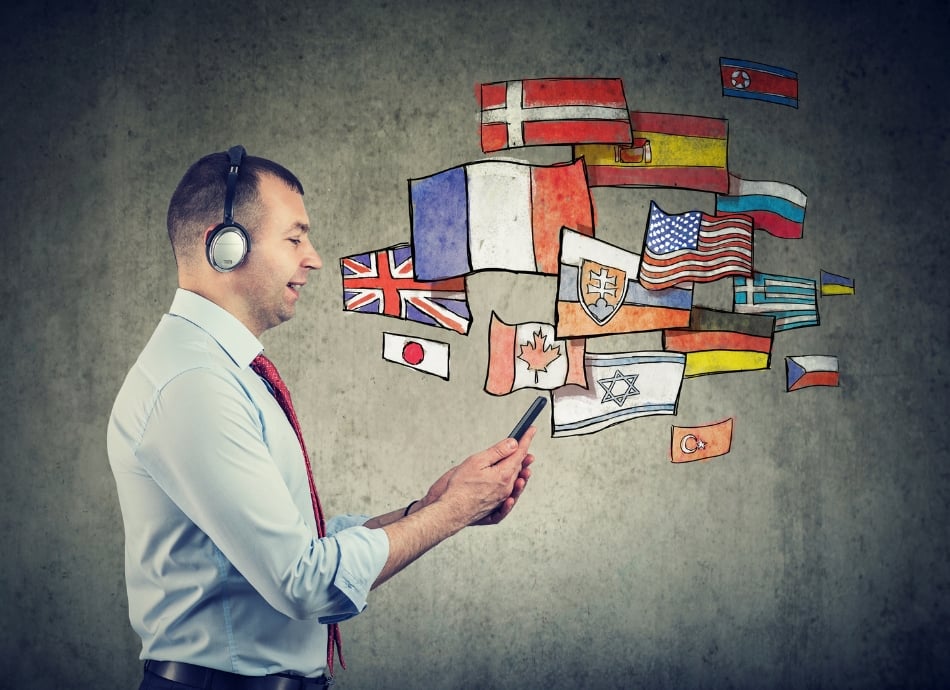You can now add Healthify as a preferred source on Google. Click here to see us when you search Google.
Interpreter services
Key points about interpreter services
- English is the most commonly used language in Aotearoa New Zealand healthcare settings. You can ask for an interpreter if you, or someone you know, needs health care services but don't feel confident communicating in English.
- You have a right to effective communication and, if needed, you should have access to a skilled interpreter who can help you understand and be understood.
- This page is for general interpreting services. See our page on New Zealand Sign Language (NZSL) if you’re looking for information on NZSL interpreters.

Trying to communicate in a language that’s not your first language can be very stressful when you need health care. You have the right to talk about your health in a way that you feel comfortable with and an interpreter can help with this.
It's best not to use someone you know as an interpreter. Even though a family member or friend may have excellent English skills, they may not be able to understand health-related information well. This can create misunderstandings in the information shared between you and your healthcare provider.
If you’re in hospital
Let staff know that you need an interpreter. Let them know what your preferred spoken language is (including dialect) and your preferred written language.
Here are some charts you can use to help communicate what your preferred language is.
- The UK National Register of Public Service Interpreters has produced a Language Identification Chart(external link) of commonly spoken languages.
- The UK Refugee Council has also produced a Language Identification Chart(external link) covering 62 different languages for refugees and asylum seekers.
If you need to see another healthcare provider, such as a GP
Let them know as soon as possible that you need an interpreter. It can take up to a day for the healthcare service to book an interpreter, but if you need one urgently, ask the service if it’s possible to arrange one for you.
For some languages, a professional interpreter can come to your appointment in person. For other languages, professional interpreters are only available on the phone.
Most public health services provide free interpreting services if you’re eligible for publicly funded health services in Aotearoa New Zealand. Find out about eligibility for publicly funded health services(external link) or check with your healthcare provider if you're not sure.
Alternatively, there are private interpreter services available that you’ll need to pay for either directly or through your healthcare service provider. These include:
| Provider | Contact details |
|---|---|
|
Ambulance(external link) for a healthcare emergency |
Call 111 |
|
Healthline(external link) for general health advice and information |
Call 0800 611 116 |
|
BreastScreen Aotearoa(external link). A free breast screening service. |
Call 0800 270 200 |
|
Sexual Wellbeing Aotearoa(external link). A service for sexual and reproductive health. |
Contact your local clinic. Find your local clinic.(external link) |
|
National Poisons Centre(external link) for information on poisoning. |
Call 0800 764 766 |
|
Plunket(external link) A support service for children under 5 and their families. |
Call 0800 933 922 |
Your rights in different languages(external link) Health & Disability Commissioner, NZ
Guidelines on using interpreters(external link) Interpreting New Zealand
Guide to eligibility for publicly funded health services(external link) Health New Zealand | Te Whatu Ora, NZ
Apps
Listen Please(external link) A clinical translation app for patients to communicate with nurses, doctors and allied health personnel
References
- Language interpreting and translation – migrant health guide(external link) UK Government
- Interpreter services(external link) Auckland HealthPathways, NZ
- Does the NHS have to provide an interpreter?(external link) NHS, UK
Find interpreting services for your consultations via Health Pathways.
Additional resources
- Cole's Medical Practice in New Zealand – working with Interpreters(external link) Medical Council of New Zealand, NZ
- Working with interpreters for primary care practitioners(external link) University of Otago, NZ
- eCALD cross cultural resources(external link) eCALD, NZ
Credits: Healthify editorial team. Healthify is brought to you by Health Navigator Charitable Trust.
Last reviewed:


